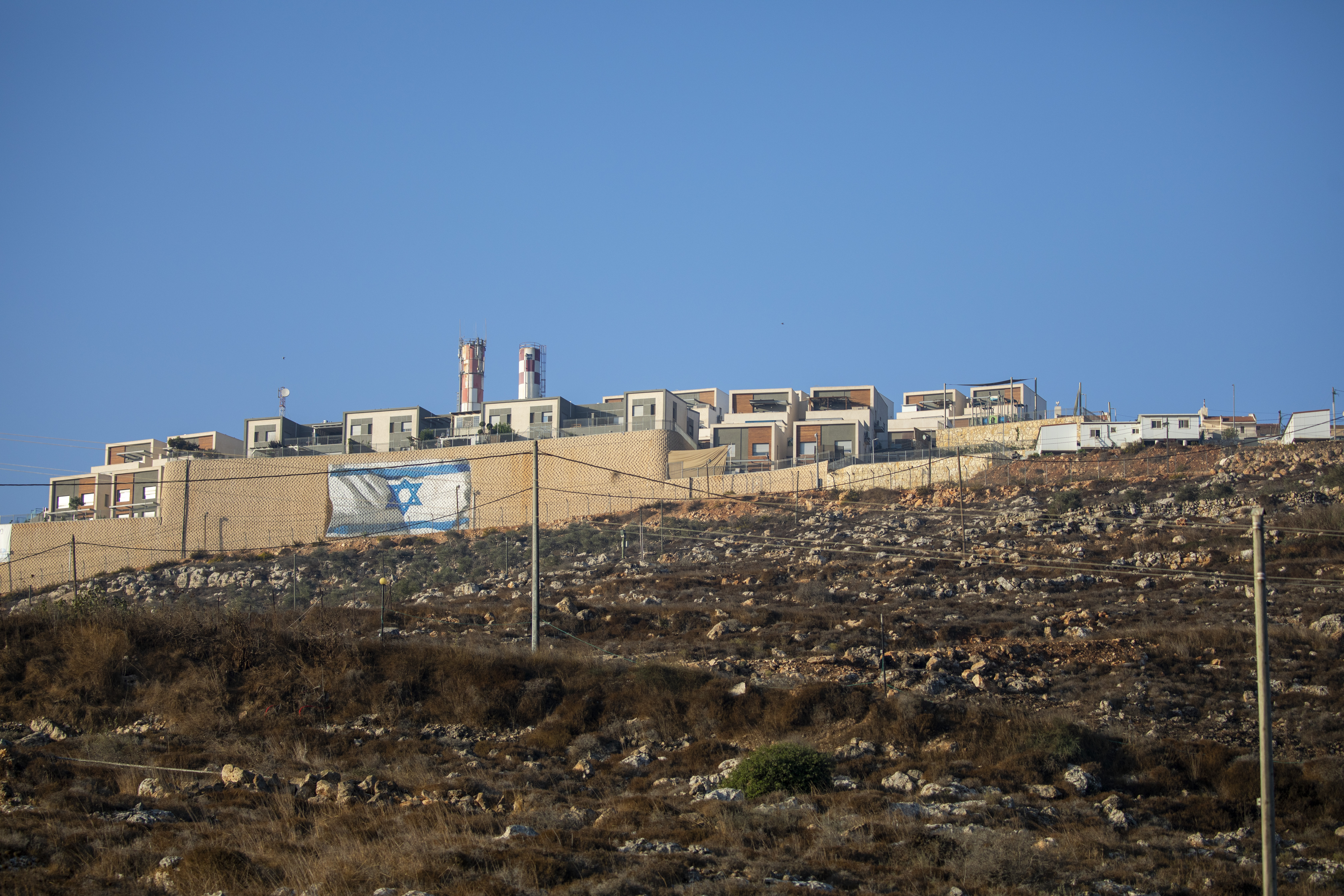
JERUSALEM, Israel – The United States issued its harshest rebuke yet of Israel’s expansion of settlement communities in the contested West Bank – biblical Judea and Samaria.
On Wednesday, Israel plans to advance the construction of 2,862 new Jewish homes in the West Bank, and recently published tenders for another 1,355 units to be built across seven different communities.
“We strongly oppose the expansion of settlements, which is completely inconsistent with efforts to lower tensions and to ensure calm, and it damages the prospects for a two-state solution,” State Department Spokesman Ned Price told reporters on Tuesday.
“We also view plans for the retroactive legalization of illegal outposts as unacceptable. We continue to raise our views on this issue directly with senior Israeli officials in our private discussions,” he added.
When the matter was raised with Price last week, he issued a general statement urging Israel and the Palestinians to “refrain from unilateral steps that exacerbate tension and undercut efforts to advance a negotiated two-state solution” to the conflict.
Tuesday’s comments are Washington’s most severe critique of Israeli settlement communities since President Joe Biden took office in January. The UN, EU, Palestinians, and members of Israel’s government have also condemned the construction.
The settlements are located on land that is disputed by the Palestinians and Israel. Leaders on both sides have said the territory’s permanent status is to be resolved through peace negotiations, but direct talks between Israel and the Palestinians have been suspended for years.
The Palestinians seek the Gaza Strip, the West Bank, and eastern Jerusalem – territories Israel captured in the 1967 Six-Day War – as part of a future state. The Palestinians view the settlements as a major obstacle to peace and most of the international community considers them to be illegal according to article 49 of the Fourth Geneva Convention.
Israel cites the San Remo Resolution signed in 1920 after World War I as its right under international law to settle the land. Israel also views the disputed territory the settlement communities are built on as the biblical and historical heartland of the Jewish people.
Click to get your copy of Whose Land Is It? Jewish and Arab Claims to Israel
Israel’s Construction and Housing Minister, Ze’ev Elkin, welcomed the building plans “after a long period of stagnation in building in Judea and Samaria.”
“Strengthening and widening the settlements in Judea and Samaria is a necessary and very important part of the Zionist enterprise,” he added.
A leader in the Beit El settlement community, where some of the homes will be built, applauded the move.
“Together with expansive commercial areas that will be built, we will soon be able to see in Beit El pictures we haven’t seen before on our way to making it a city and the capital of the [Binyamin region],” said Shai Alon, head of the Beit El Regional Council.
Palestinian Prime Minister Mohammed Shtayye condemned the decision and called on the world, especially the United States, to “confront” Israel over the matter.
Israeli Prime Minister Naftali Bennett, who leads the right-wing Yamina party, is a vocal supporter of Israeli settlement communities and opposes the creation of an independent Palestinian state. But Left-wing members of Bennett’s government coalition condemned the advancement of more settlements.
“The Yamina government is disregarding Meretz,” tweeted Mossi Raz, leader of Israel’s Meretz party. “It’s heading 10 degrees more to the right than the last government. Building in settlements outside of Israel harms Israel.”
Foreign Minister Yair Lapid, a centrist, indirectly criticized Bennett over the settlement community expansion.
“Next time, I will be in the room during decisions on such matters,” he said at the start of a meeting for his Yesh Atid Party. “This is not a government that is ten degrees to the right or left, it’s a government that is 100 percent for Israeli citizens.”
The decision comes weeks before Bennett’s government coalition, which includes an Arab party and parties on the left, right, and center, must pass a 2021 budget by a Nov. 14 deadline. Bennett and other ministers have warned against riling up tensions in the coalition because if they fail to pass a budget, the government automatically dissolves and a new election is triggered.
Lapid downplayed fears that coalition infighting over settlements could derail Israel’s government.
“I want to clear all the [background] noise and focus on what’s important: The budget will pass. The coalition is working,” he said.
“When you take care of things, there will be disagreements and conflicting interests. Action has a cost, but we are willing to pay it,” Lapid said. “Israel is making progress.”
The remainder of this article is available in its entirety at CBN